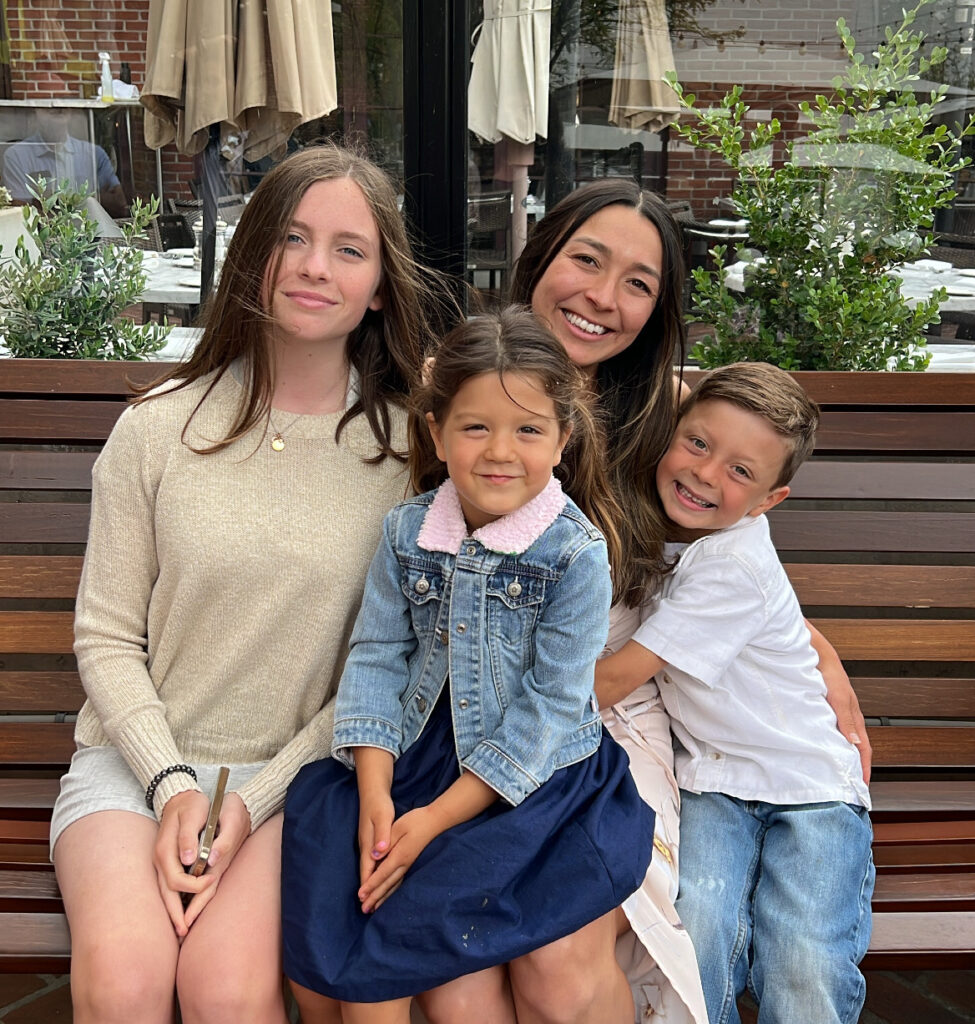Moving Through Depression with Hope

“I need you to know you’re going to be okay. I don’t even need you to believe it right now, I just need you to know it.”
The other day I read Dr. Curt Ritcher’s study about rats that swam for over two days straight. Rats are supposed to be excellent swimmers, but what was remarkable about these particular rats is that just a few days earlier, they were drowning after only 15 minutes of swimming. In that first round, after the rats gave up, but right before they died, the scientists saved them. They dried them off, gave them time to recoup, and then put them back in the experiment. The second time they were put in the water, the rats swam for 60 hours on average. The only difference being, this time they had hope.
I love the message of this study because even in my darkest days, in the midst of depressive episodes, I’ve always had a tiny morsel of hope. The mere possibility that things could get better was enough to keep me going. So that’s the advice I gave anyone during a difficult time—just keep going. One hour after the other, one day after the next. Eventually things will get better. I truly believed it—right until life knocked me down so much it completely demolished my hope.
Last year I found myself failing, for maybe the first time in my life (a story for another time). I was unemployed after chasing my dream, having troubles with my health, and trying to piece my life back together without the slightest idea of where I wanted to go next. Things weren’t getting better, and yet I still clung to the advice I gave out because it was the only thing I had. Giving up wasn’t an option, but how long could I keep going just to stay afloat? How could I keep going day after day, if I didn’t have hope for a better tomorrow? I tried to find it hidden deep within me, but I couldn’t. I had completely lost hope, and suddenly my advice to keep going was no longer good enough.
Since giving up wasn’t an option, I knew I had to find a different way to survive. During that season, there was no way I could see all of the reasons why I should continue on for myself, so I stopped trying to. Instead, I decided to keep going for the people I love. Specifically, for my younger siblings. I’m the oldest of four, with the age gap varying from 11 to 20 years. Suffice to say sometimes I see them as my own children. That love makes me want to be someone they can depend on, no matter what. The kind of person they deserve. For me, that was enough. In my darkest moments, they became my why.
I got back into therapy and slowly started to rebuild myself. At the end of the first session, my therapist told me something important. She said, “I need you to know you’re going to be okay. I don’t even need you to believe it right now, I just need you to know it.” While I wasn’t capable of much at that point, I could do that. In the past I’ve always believed it would get better, but this go around I’ve had to rely on trusting it would, regardless of how I actually felt.
It took some time, but I have gotten to the point where I’m living for myself again. Now that I’m on the other side of it, I wanted to write this for anyone else who is in that lonely place of despair. To remind you that things can get better if we don’t quit on ourselves. Getting out of depression is a lot of work, but I’m proof it is achievable. I got my hope back, and I know you can too.
Before you read the steps that helped me, let me be clear, this isn’t Alex’s 8 step guidebook on How to Get out of Depression. That’s a journey that will look different for everyone. I’m just here to share my story and help you find the resolve to keep going, because just like the rats, having hope is half the battle.
- Make a pact with yourself right now: giving up isn’t an option. Just take it completely off the table.
- This is the most important step, and it’s non-negotiable. I don’t actually think quitting is always a bad thing. However, if there is one thing in this life we should not be allowed to quit on, it’s ourselves. You are always worth it. Bonus, once the quitting path is fully removed, you might find you suddenly get a lot more creative in figuring out how to move forward.
- If you have hope, cling to it.
- It doesn’t have to be a lot. Just hold onto it tightly, and take it one day at a time.
- If you don’t have hope, know (like you know the sun is going to rise again) that you’re going to be okay, and make your why bigger than yourself.
- During this time, I find it helpful to keep going for someone you love: a parent, sibling, partner, friend, neighbor, cat—it doesn’t matter. This part is temporary. It just allows you to get through the difficult moments until you can get back to believing it’s going to be okay and continuing on for yourself.
- Commit to getting better, whatever that looks like for you
- You have to want to get better. No one can do this for you, but they can help once you decide. Reach out to someone for support. Being vulnerable enough to seek the aid you need doesn’t make you weak, it makes you strong
**Please note: The information on this website is intended for informational purposes only. I am not a doctor or any type of qualified mental health professional. No material on this site is intended to be a substitute for professional medical/mental health advice, diagnosis or treatment. Do not ignore advice you receive from a medical or mental health professional because of the information on this site.
 Finding Faith
Finding Faith Scared? Do It Anyway
Scared? Do It Anyway
